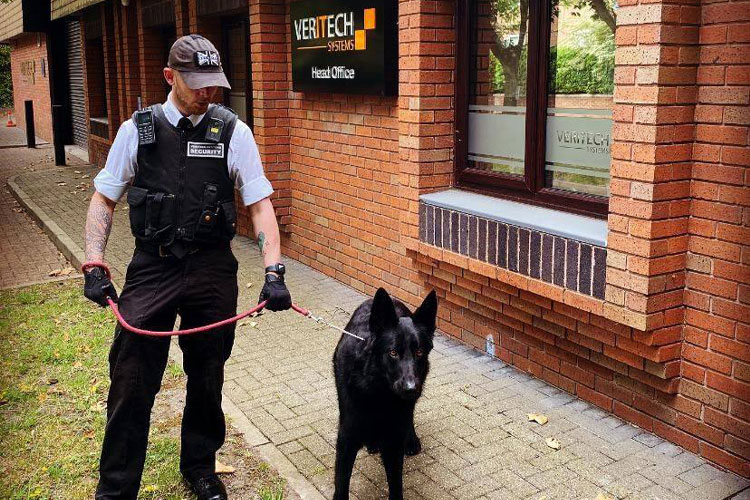
Quick Answer: Security guarding is about keeping people, property, and assets safe.
It’s not just standing at a post, It’s about training, preparation, and communication.
Here’s the cheat sheet for top-notch security services:
- Follow Standard Operating Procedures (SOPs).
- Train guards to handle real-life scenarios.
- Regularly monitor and improve performance.
- Keep communication between guards and clients clear and frequent.
- Report every incident—big or small—and learn from them.
Whether it’s protecting shopping centres, office buildings, or marine environments, the goal is the same: reduce risks, stop threats, and respond effectively.
Security guarding isn’t just about being visible—it’s about being prepared for anything.
From deterring theft to responding to emergencies, it’s a real-time responsibility.
Let’s break it down.
Standard Operating Procedures (SOPs) are the backbone of security operations, ensuring order and efficiency in the face of potential chaos. Every guard needs a playbook.
Here’s what an effective SOP covers:
Following clear SOPs ensures guards stay focused and efficient.
Just as you wouldn’t trust an untrained surgeon, you shouldn’t trust an untrained security guard. Training and certification are the bedrock of trust and competence in the security industry.
Exactly. Security requires the same dedication to training and qualifications.
More training = better response to real-world threats.
How do you know if your security team is doing their job?
Pro tip: Use KPIs like response times and incident resolution rates to measure effectiveness.
Security is a team effort, and like any team, communication is everything.
When clients feel heard, they trust your team more.
Every incident, no matter how small, needs to be reported.
Why? Because records build patterns, and patterns help prevent future issues.
An effective incident report includes:
Organised records = better decisions down the line.
Mistakes happen, but if you’re not learning from them, you’re failing.
The best security services are always evolving, and your commitment to continuous improvement is key to staying ahead in the field.
Align these best practises with the latest technology in security guarding ->
Guarding ports and marine environments is a whole new ballgame.
You’re dealing with open spaces, high-value goods, and constant traffic.
Here’s how to stay on top:
The goal? Prevent illegal actions and protect assets at every turn.
Q: What qualifications do security guards need in the UK?
A: Every guard must hold an SIA licence. Training courses cover law, emergency response, and patrol techniques.
Q: How often should SOPs be reviewed?
A: At least annually—or after every major incident to ensure they’re still relevant.
Q: What’s the role of communication in security services?
A: Clear communication is not just a part of the job; it’s a crucial element that ensures faster response times, better client satisfaction, and fewer mistakes. Your role in this is significant. See the vast range of role of your security guard ->
Q: Why is incident reporting important?
A: Every incident, no matter how small, is a piece of the puzzle in building a safer environment. Your contribution through incident reporting is invaluable.
Security guarding is more than just patrolling—it’s about staying sharp, constantly improving, and protecting what matters.
With the right mix of training, SOPs, and communication, you don’t just guard—you excel.

Head Office
18-20 Millbrook Road East,
Southampton, Hampshire, SO15 1HY
Tel: 0800 799 9800
Email: info@veritech-security.com
Hours: Monday - Sunday: Open 24 Hours
Simply complete our quick survey below